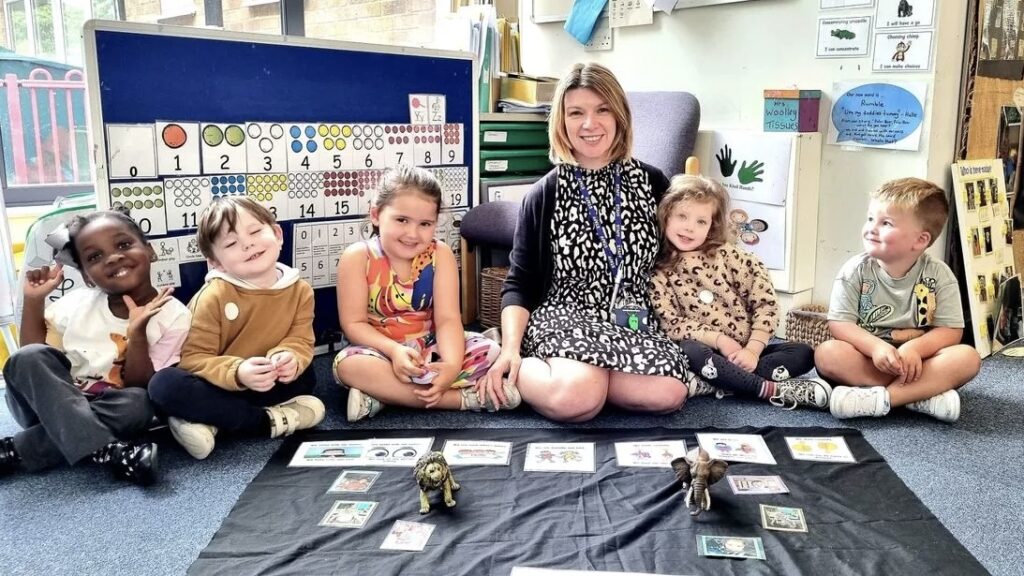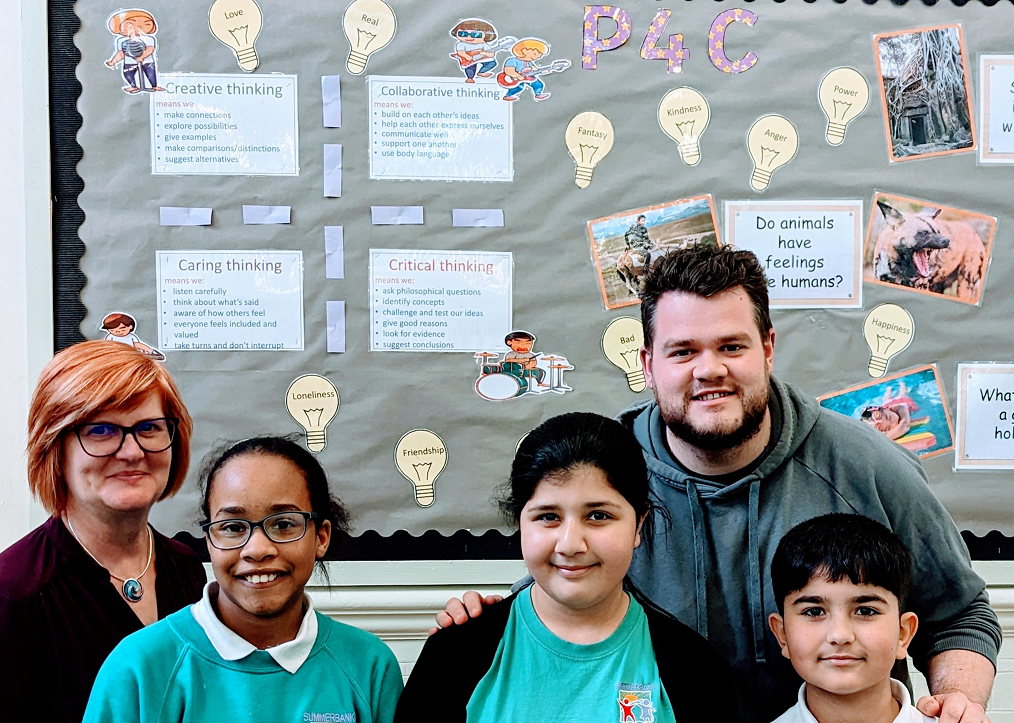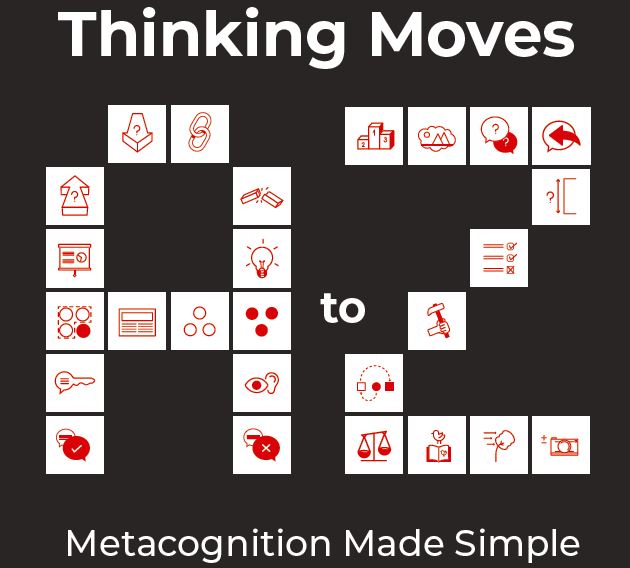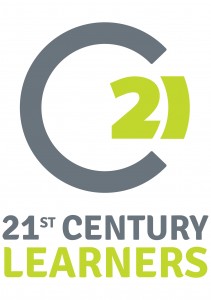
The age of oracy is beginning! The great levers of state are at last being used to incentivise learning to, through and about talk.
The final report of England’s Curriculum and Assessment Review recommends that the government, ‘Introduces an oracy framework to support practice and to complement the existing frameworks for Reading and Writing.’[1] The government has accepted this recommendation.
Ofsted’s 2025 guidance for school inspectors places oracy alongside reading, writing and mathematics as essential for accessing the wider curriculum. Inspectors are directed to consider whether: ‘All pupils are explicitly taught how to communicate effectively through spoken language (oracy)…’.
It seems inevitable, then, that more and more schools will be looking to include oracy in their curricula, and this is something to be celebrated. There is a wealth of evidence to suggest that it could and should enhance young people’s cognitive, personal and social development.[2]
Now the focus shifts to doing oracy well, and with this in mind I want to share my passionate conviction that teaching young people to engage in dialogue should be seen as central to a meaningful oracy education.
Continue Reading »










